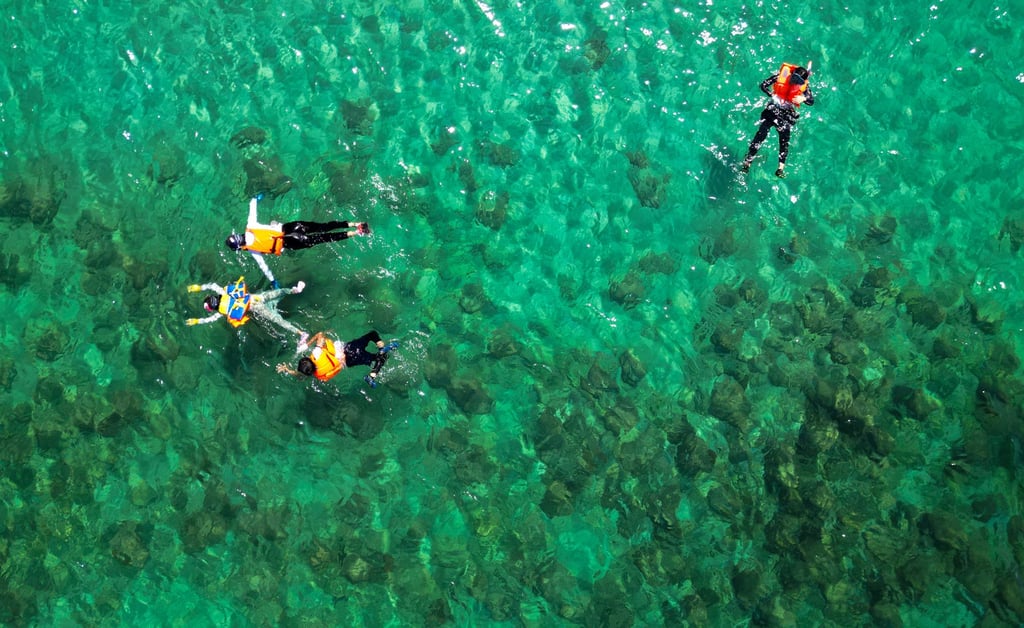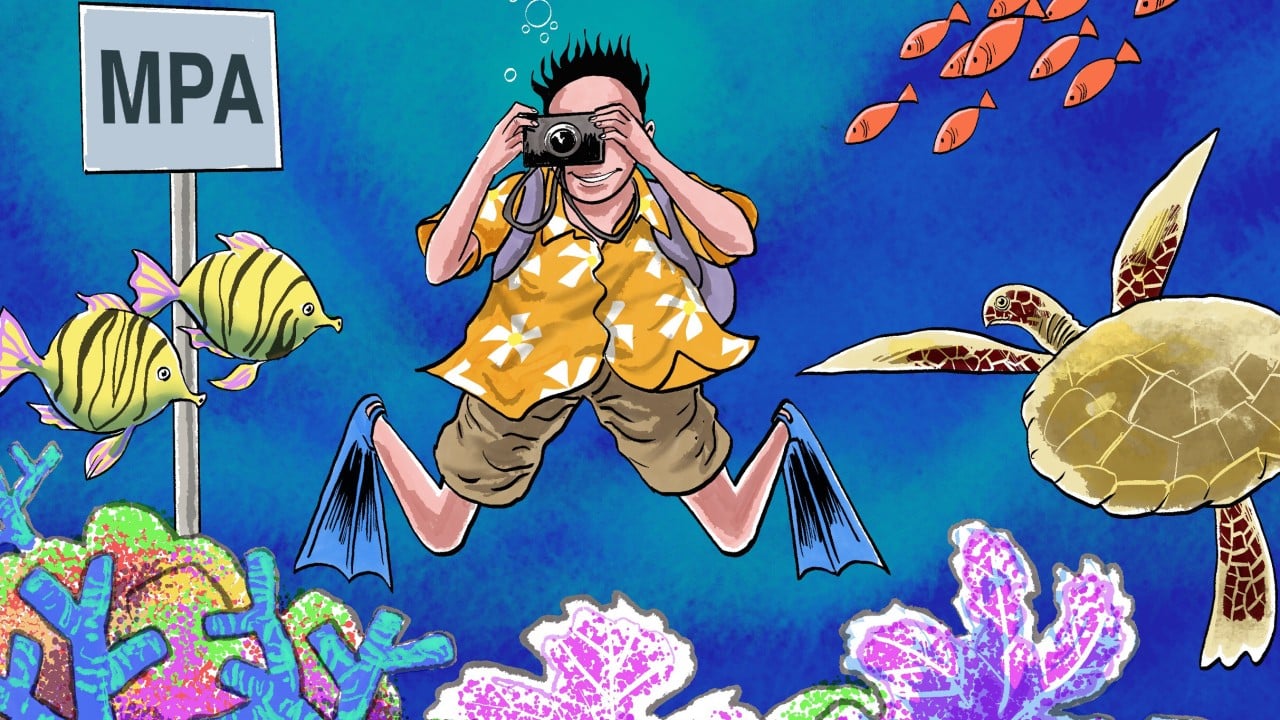The government is keen to expand ecotourism offerings, including our unique island and coastal resources, and it is not difficult to understand why. Our coastline covers an impressive array of marine ecosystems, from the estuarine mudflats of Deep Bay and the sheltered coves of Mirs Bay to the rugged and highly exposed outer islands in the south and east. These ecosystems are home to nearly 6,000 marine species, making Hong Kong one of the most biodiverse marine regions in China.
Advertisement
Our rich marine life has benefited from a few big marine conservation wins along the way. Many people don’t realise that fish populations already seem to be recovering in our four oldest marine parks after commercial fishing was phased out, or that four marine parks have been created over the past decade for the dolphins in western waters. The Agriculture, Fisheries and Conservation Department deserves greater recognition for spearheading these initiatives, and the trawling ban.
However, a lot more still needs to be done. Marine protected areas (MPAs) only cover about 6 per cent of our sea area, compared with more than 40 per cent on land. More worryingly, we estimate that around 70 per cent of marine biodiversity hotspots remain unprotected. This is why members of the Hong Kong Marine Protection Alliance (HKMPA) have been encouraging the government to expand our network of MPAs closer to the global target of 30 per cent. The HKMPA comprises 51 members from academia, NGOs, think tanks, companies and independent experts.
Done right, the HKMPA sees ecotourism as a win-win opportunity to drive more funding into marine conservation, benefiting visitors and locals alike. This aligns with the Development Blueprint for Hong Kong’s Tourism Industry 2.0, which states that “Hong Kong’s precious ecological resources have enormous potential. While protecting the environment, we should also appropriately unveil these treasures to the world, so that visitors from all over the world can, on the premise of respecting nature, experience Hong Kong’s world-class natural wonders”.
However, without proper planning and control, repeats of the recent unfortunate coral damage caused by visitors to Sharp Island risk becoming more widespread.

For ecotourism to be developed in a way that protects and enhances nature while allowing a high-quality experience, two key things need to happen.

